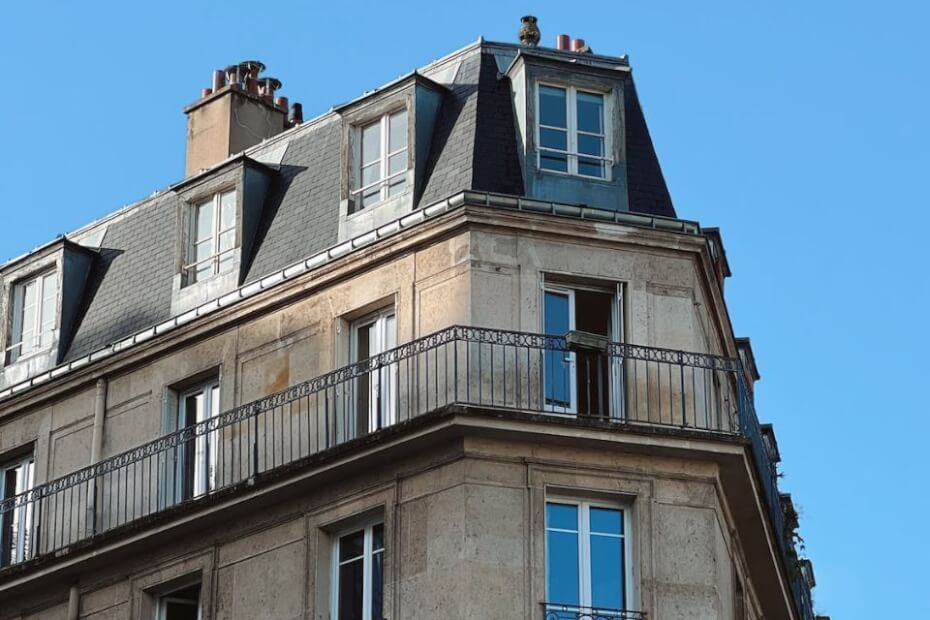
French Members of Parliament (MPs) have thrown out France’s immigration bill. Before it reached the constitutional assembly, lawmakers had removed the article on easing visa rules for British second-home owners.
In November, the French upper house, the Sénat, approved the new immigration bill. It includes amendments that imposed stricter rules and strengthened various aspects of its immigration policies.
However, the bill was quickly rejected at France’s National Constituent Assembly on 11 December 2023, before the debates started.
The rejected immigration bill contained provisions such as eliminating state-funded healthcare for undocumented workers.
It also proposed stricter rules for family members settling in France and limiting citizenship rights.
Also included in the bill was an article exempting UK citizens who own properties in France from post-Brexit travel rules.
However, the article benefiting British second-home owners was removed before the bill was presented to the constitutional congress.
Easing the 90-day rule for British second-home owners
The removed article would have made it easier for British second-home owners to stay in their French homes for extended periods.
As third-country nationals of the European Union (EU) post-Brexit, British citizens can visit the Schengen Area for only 90 days in any 180-day period.
UK citizens who own properties in France cannot visit other EU countries if they’ve already spent three months in their own French residences.
Those who plan to extend their stay in the Schengen Area need a long-stay visa or residence permit.
If the proposal were signed into law, British second-home owners in France could stay longer without any formalities. It would be like Brexit never happened.
Rejecting the relaxed visa rules for second-home owners
After the French Senate passed the immigration bill, The Local reported that a committee of MPs moved to cancel the proposal for automatic visas for British second-home owners.
“Nothing justifies this exemption. British citizens made a sovereign choice to leave the European Union and renounce the advantages that come with it,” the document stated.
It further read, “The simple fact of owning a second property is not sufficient grounds to justify exemption from visa requirements.”
The MPs stressed that giving automatic long-stay visas based solely on property ownership could be seen as biased. It could be seen as favoring a group of people due to their financial situation.
If passed, the act could create “inequality in relation to other foreign nationals who have to follow a more rigorous procedure to obtain such a visa.”
The MPs emphasized that current laws permit UK citizens to acquire visas or residency permits to extend their stay.
MPs vow to modify and resubmit the proposal
According to Connexion, MPs who supported easing visa rules for second-home owners submitted modified proposals of the article.
Most suggest long-term visas for property owners in France, allowing them to come and go at their discretion.
One suggested limiting the automatic visa right to individuals who owned property in France before Brexit. This is to prevent any discrimination against other non-European owners in the future.
It could also be similar to the automatic exemptions from needing to apply for a short-stay visa, which already exists for many non-EU citizens.
Another version modifies visa rules to allow short visits of up to 180 days. Such is the case for EU citizens visiting the UK.
EU citizens, including the French, do not need a visa to visit the UK and can stay for up to six months or 180 days.
Making life easier for second-home owners in France
Many British second-home owners purchased their property in France before Brexit. Limiting their stay in their French homes could lead to losses for the French economy.
Individuals who own second homes in France can apply for long-stay visas and residence permits. However, these formalities prove to be difficult and time-consuming.
Long-stay visas, usually valid for six months per visit, must be applied for every time homeowners want to remain in their French homes longer than three months.
Additionally, applying for a residence permit assumes their second home will become their permanent residence. This may not be appropriate for those not planning to settle in France.
France has the authority to establish its own regulations on visas and residency permits for its territory. However, an amendment to the 90-day rule may set a precedent for other EU countries.
The 90-day rule is, after all, an EU policy. As such, all 28 EU members must vote on changing the rule for it to be officially adopted.

